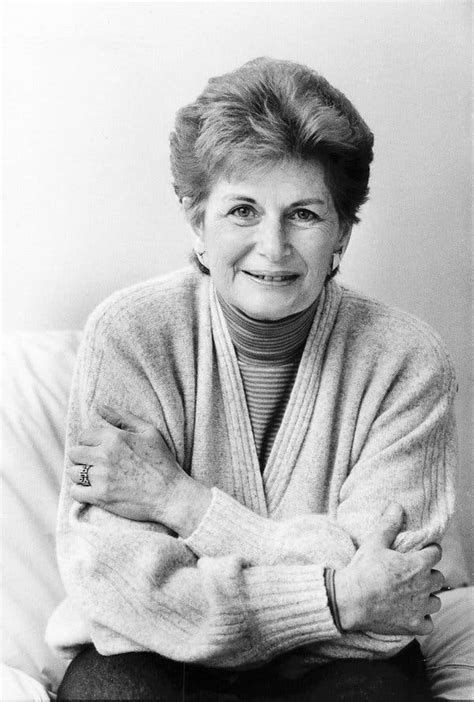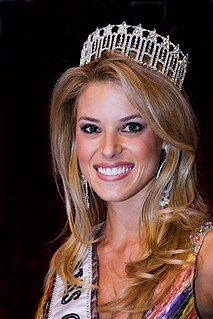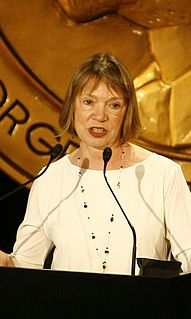A Quote by Lillian B. Rubin
Contrary to all we hear about women and their empty-nest problem, it may be fathers more often than mothers who are pained by thechildren's imminent or actual departure--fathers who want to hold back the clock, to keep the children in the home for just a little longer. Repeatedly women compare their own relief to their husband's distress
Related Quotes
I'm not saying that all women are blameless - all women are not. There are women with despicable characters who are cruel and terrible and some of them are mothers. But why do we blame our mothers more than our fathers? We let our fathers get away scot-free. We hardly even knew who they were in many cases, given the way this culture raises kids, and they may have been quite cruel. They may even have raped us as children, but even if they raped us, we will blame our mothers for not protecting us instead of blaming our fathers who actually did it.
Parents offer an open womb. More than anyone else in your life, mothers, and sometimes fathers, can kiss it, and make it well whentheir grown children need to regress and repair. More than anyone else in your life, mothers, and sometimes fathers, can catch you when you start to fall. When you are in disgrace, defeat, and despair, home may be the safest place to hide.
Here's the progression. Feminism won; you can have it all; of course you want children; mothers are better at raising children than fathers; of course your children come first; of course you come last; today's children need constant attention, cultivation, and adoration, or they'll become failures and hate you forever; you don't want to fail at that; it's easier for mothers to abandon their work and their dreams than for fathers; you don't want it all anymore (which is good because you can't have it all); who cares about equality, you're too tired; and whoops--here we are in 1954.
Women have always been the primary victims of war. Women lose their husbands, their fathers, their sons in combat. Women often have to flee from the only homes they have ever known. Women are often the refugees from conflict and sometimes, more frequently in today's warfare, victims. Women are often left with the responsibility, alone, of raising the children.
I don't think that all girls seek the influence of older men, but I think girls whose fathers are absent or recessed from their lives often do. And honestly, when I was growing up, fathers were generally pretty absent from their children's lives. We didn't see a lot of them. That may be something that has genuinely changed for the better in our culture: men are more present for their children now that more women are working.
Mothers and fathers act in mostly similar ways toward their young children. Psychologists are still highlighting small differencesrather than the overwhelming similarities in parents' behaviors. I think this is a hangover from the 1950s re-emergence of father as a parent. He has to be special. The best summary of the evidence on mothers and fathers with their babies is that young children of both sexes, in most circumstances, like both parents equally well. Fathers, like mothers, are good parents first and gender representatives second.
Usually women are the lynchpins of the family. They carry the brunt of the work at home and of being mothers and of taking care of the children. Not always. I have a wonderful husband, who is a great father and has helped tremendously at home. And I think that men are getting in touch and I think that the role that they have is so important, to be a good father and have a good career and be a good husband. But I think that as more and more women go into the workforce, you have to have more help at home and it becomes more of a sharing of responsibilities.
In vain are Schools, Academies, and Universities instituted, if loose Principles and licentious habits are impressed upon Children in their earliest years . . . . The Vices and Examples of the Parents cannot be concealed from the Children. How is it possible that Children can have any just Sense of the sacred Obligations of Morality or Religion if, from their earliest Infancy, they learn their Mothers live in habitual Infidelity to their fathers, and their fathers in as constant Infidelity to their Mothers.

































